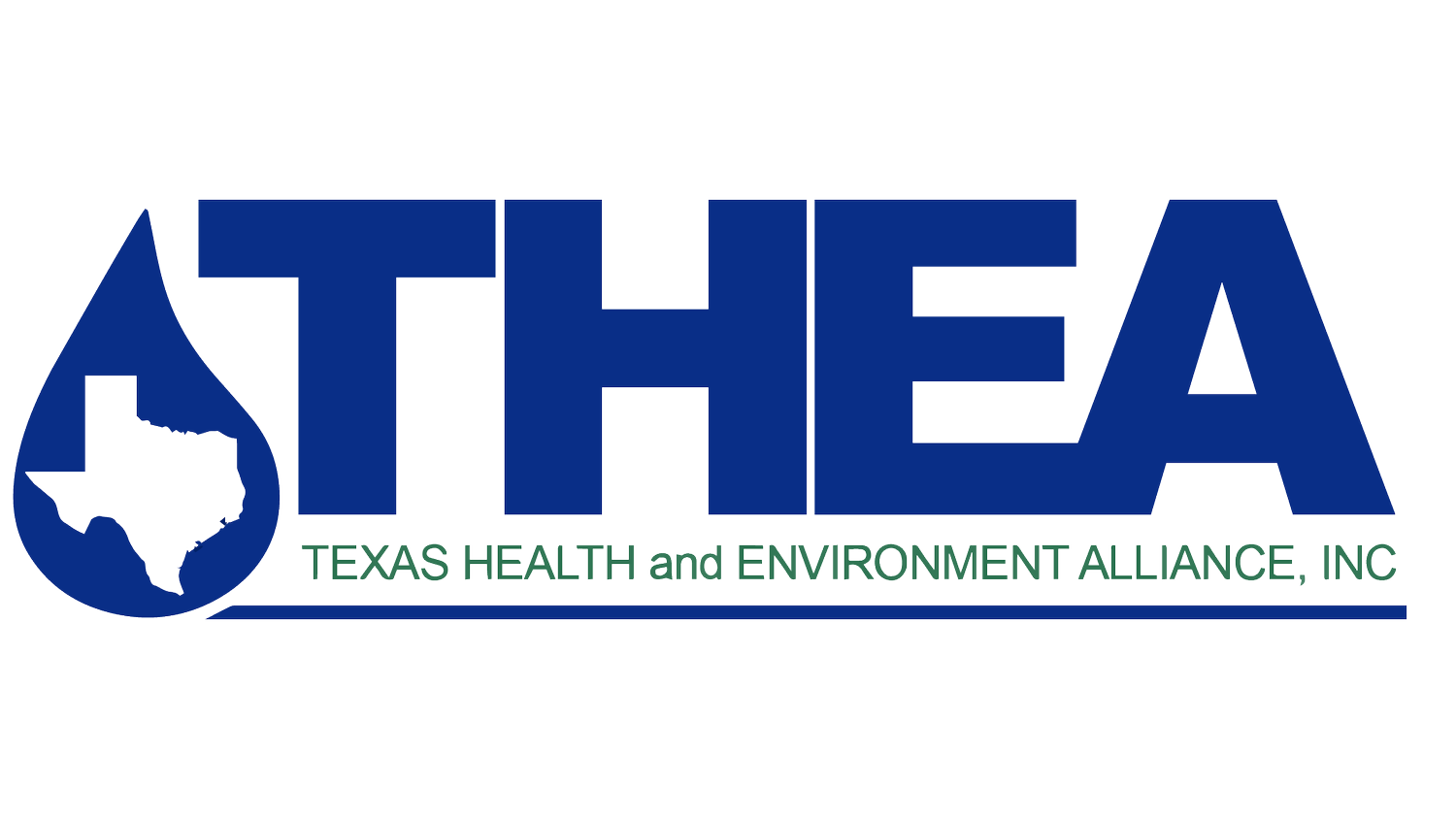A Legal Victory For Environmental Health On The San Jacinto River
On the surface this story may seem a little dry and even dull. The Army Corps of Engineers approved a permit to dredge part of the San Jacinto River. We said they didn’t follow the permitting regulations. We sued. The Army Corps revoked the permit. Last week, we dropped our lawsuit.
Look a little deeper and this is a David and Goliath story. The Army Corps of Engineers has a $7.2 billion budget. THEA pinches every penny to make sure we have the funds to help local communities get toxic waste removed from their neighborhoods. However, that didn’t stop us from suing the Corps when we saw that the agency didn’t follow its own rules for studying the environmental consequences of its decisions. David Beat Goliath!
This case is also significant because it shows that the environmental laws that are meant to protect Americans still work. That’s important at a time when many are concerned about cuts to federal environmental programs and layoffs hitting the EPA. For example, the EPA, which has authority over all of the Superfund and other historic toxic waste sites THEA works on, is facing budget cuts of 65%.
It's worth noting that the Army Corps has a pattern of ignoring the requirement to perform environmental impact studies on many projects and permits. We knew we had a fight ahead of us, but we also knew that what was happening was wrong. So we went to court and we won.
Background
The Port of Houston handles more tonnage than any other port in the country through a combination of large ships and barges. Increasingly, barge companies have relied on fleeting areas on the San Jacinto River to hold barges that utilize the port. It is one example of the way residents and industry share the use of the river, but the law is clear that industry isn’t allowed to threaten the health and safety of local communities.
However, that is exactly the threat that emerged when a local barge fleet wanted to expand its area right beside the San Jacinto River Waste Pits Superfund Site. The company that submitted the permit application, Holtmar Land, LLC, asked for approval:
“to construct and operate a barge facility in the San Jacinto River (“Project”). The Project would involve dredging of 15,000 cubic yards of sediment material from 2.5 acres of the San Jacinto River (“River”) sediments, removal of rip-rap and debris, and the installation of moorings and 576 foot-long bulkhead, as well as discharging the fill material in an area upland disposal site.
The Superfund site has released dioxin-laden material over a 60 year period, depositing it in the river and along the banks. Residents were very concerned that dredging would stir up contaminated soil and, making matters worse, truck it off to dump it in another location without testing it. That’s what we told the Army Corps when we requested an environmental impact study as part of the permitting process.
The agency ignored us and approved the permit under an expedited process that bypassed all of the environmental protections built into the law.
So, we sued on November 21, 2024. The nonprofit group, EarthJustice, which represents environmental groups in legal battles, handled the case. Its lawyers argued that the Army Corps has very clear regulations governing permits where there may be “significant individual or cumulative impacts on environmental values” and where there is “appreciable opposition.”
The Army Corps Retreats
The Army Corps’ February action signalled that they had made a mistake. They suspended the permit telling Holtmar to “to stop all activities previously authorized” under the permit “because the correct permitting pathway is in question.”
The Corps fully revoked the permit in March. While the company could resubmit the permit, the Corps said the full permitting process would need to be followed, most probably including an environmental study.
The Final Step
As a result, EarthJustice filed a notice with the court on April 28, 2025 dismissing the lawsuit. We retain the right to sue again if Holtmar doesn’t live up to the Corps revocation order or if the Corps ignores its regulations in a future permit.
As THEA CEO and Founder Jackie Medcalf explains,
“This outcome is a win for all waterfront communities that have felt forgotten and ignored. It underscores the importance of adhering to laws and regulations, sending a clear message that communities cannot be sidelined, and environmental assessments cannot be bypassed.”
